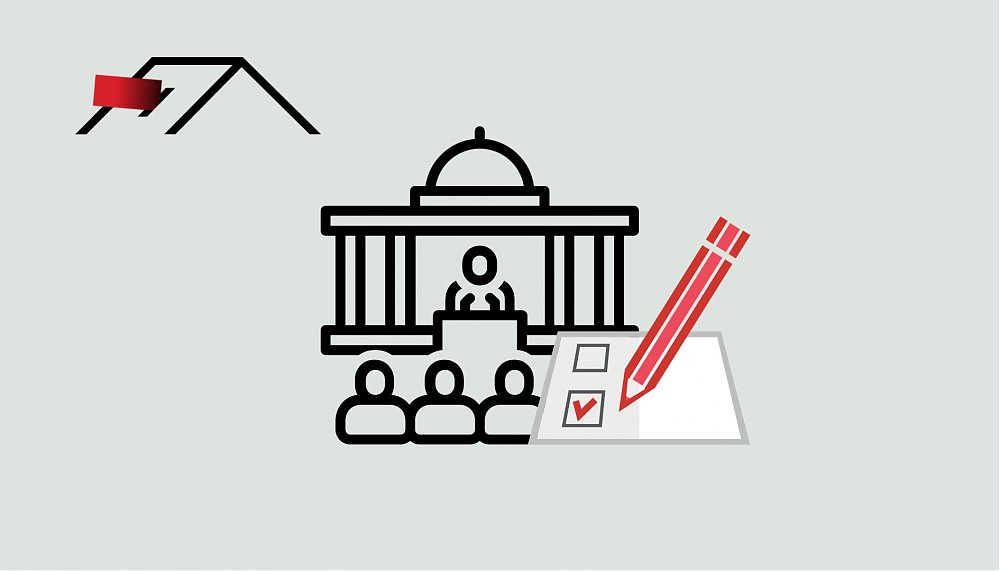The Supreme Court annulled the General Election Commission's [KPU] regulation (PKPU) that allowed the acceleration of former corruption convicts to nominate in legislative elections. The Supreme Court considered that Article 11 paragraph (6) of PKPU 10/2023 on the Nomination of Members of the DPR/DPRD and Article 18 paragraph (2) of PKPU 11/2023 on the Nomination of Members of the DPD were in conflict with Article 240 paragraph (1) letter g of Law Number 7 of 2017 on General Elections, in conjunction with Constitutional Court Decision 87/PUU-XX/2022.
"Granting the material judicial review request of the applicants in its entirety," reads the Supreme Court's decision quoted on September 29, 2023.
The Supreme Court emphasized that PKPU 10/2023 and PKPU 11/2023 were not binding. Both regulations were in conflict with the higher legal regulations, namely the election laws and the Constitutional Court's decision.
Furthermore, the Supreme Court ordered the Election Commission to revoke Article 11 paragraph (6) of PKPU 10/2023 and Article 18 paragraph (2) of PKPU 11/2023. This means that the Election Commission must create new PKPU that revises these two articles in the regulations.
The Supreme Court also sentenced the Election Commission to pay the court costs, which amount to IDR 1,000,000.
This Supreme Court decision was in response to a material review filed by a coalition of civil society organizations. The applicants for the material review included Indonesia Corruption Watch (ICW), the Association for Elections and Democracy (Perludem), as well as two former leaders of the Corruption Eradication Commission, Saut Situmorang and Abraham Samad. []
Translated by Catherine Natalia











